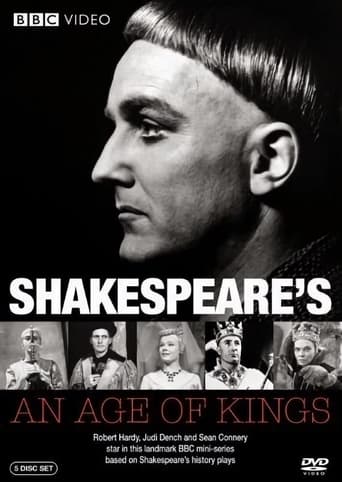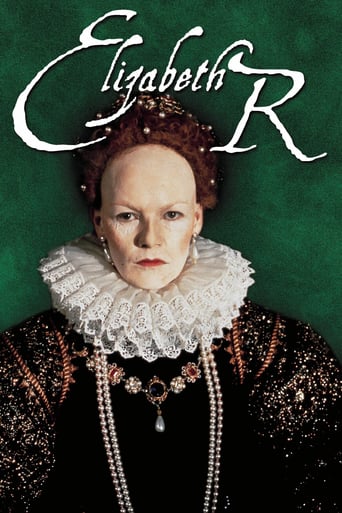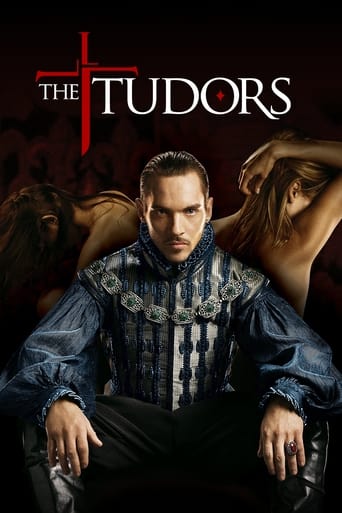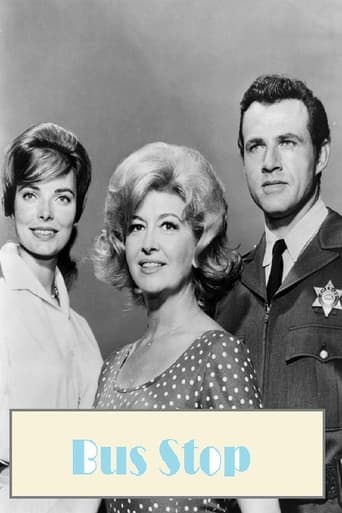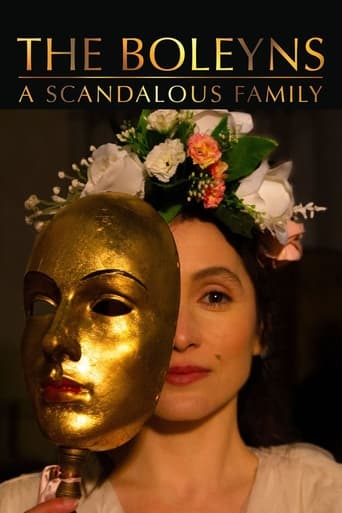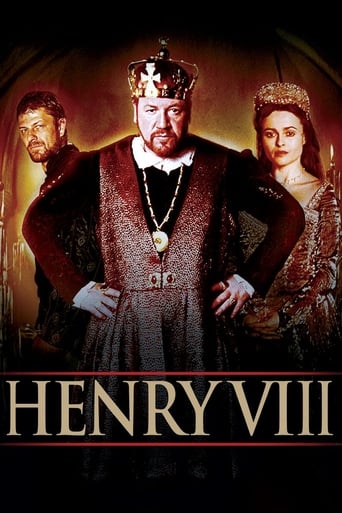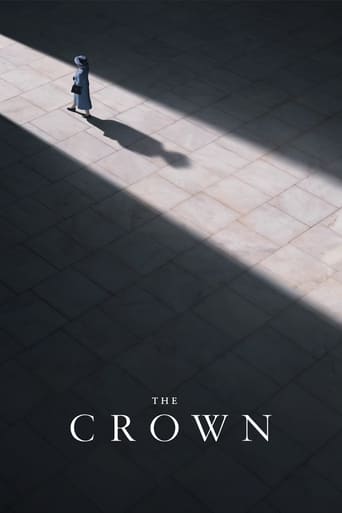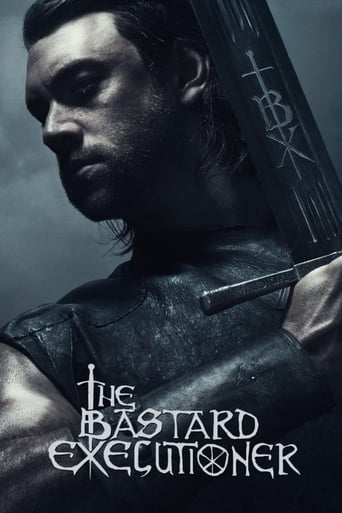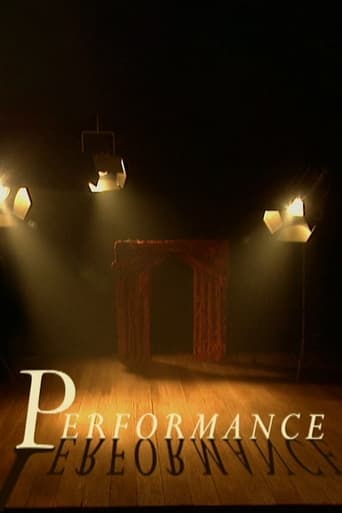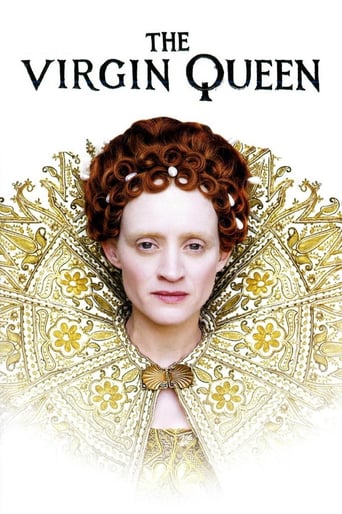An Age of Kings (1960)
An Age of Kings
1960
A linking together of Shakespeare's history plays chronicling the rise and fall of monarchs over the 86 years between Richard II and Richard III.
Seasons & Episode

The Duke of Gloucester, the King's uncle and arch-enemy, has been murdered. Most people suspect Thomas Mowbray did it at the King's command. Henry Bolingbroke, the King's cousin, has accused Mowbray to his face. Together they are summoned before Richard II.

Henry Bolingbroke, Duke of Lancaster, aided by the Earl of Northumberland and his son Harry Percy deposed the rightful King, Richard II, and Bolingbroke ascend the throne as King Henry IV. Richard was imprisoned and later murdered in Pomfret Castle. Henry, in remorse, vows a pilgrimage to the Holy Land. Northumberland and Hotspur become dissatisfied with the King's lack of favour. Henry is worried about the behaviour of his son, the Prince of Wales.

The Percy family, Henry Bolingbroke's chief allies in deposing and murdering Richard II, have been cheated of their just rewards and now plot to overthrow the King. Worcester, the architect of their rebellion, arranges a meeting in Wales to decide how Great Britain will be divided among them. The King's army, part of it commanded by Prince Hal, marches westward to encounter the rebels. Even Sir John Falstaff receives a commission and marches off to join the battle at Shrewsbury.

The rebellion promoted by the Percy family against their former ally King Henry IV has been heavily crushed at Shrewsbury. The rebels were weakened by the defection of the armies promised them by Northumberland and Owen Glendower, and greatly outnumbered by the King's forces. Their leader, the gallant Hotspur, has been killed in single combat with Prince Hal. Conflicting rumours reach Warkworth in Northumberland, where the Earl is eagerly waiting for news of the battle and of his son.

The burdens of kingship and of failing health weigh heavily upon Henry IV. After his victory at Shrewsbury he has to organise a new campaign against the northern rebels. Disappointed in Prince Hal, who returns to his customary low haunts in London, the King sends his younger son, Prince John of Lancaster, to negotiate with the rebel leaders. Falstaff goes off to Gloucestershire to muster recruits, and there falls in with an acquaintance, a simple country Justice, Master Shallow.

The final defeat of the northern rebels marked the conclusion of the eight troubled years of Henry IV's reign. With the accession of Henry V, a new age has begun. Falstaff and his riotous companions have been banished from Court. The first public act of the young King has been to summon Parliament and consider ways of distracting his subjects from civil strife. Being advised of his right by succession, Henry now resolves to lay claim to the French throne.

Henry V's first public act after his accession was to lay claim to the French throne and to the hand of the French princess. When the Dauphin scornfully rejected these claims, the King and his army embarked at Southampton for France and captured the port of Harfleur. Now, marching inland on the road from Calais, they are confronted by an army that heavily outnumbers their own sick and weary forces. Both armies have encamped for the night near Agincourt. The French leaders feel confident of victory in the coming battle.

The English victory at Agincourt confirmed Henry V as an outstanding military leader and a greatly loved King. The ensuing treaty with France and Henry's marriage to Princess Katherine promised both kingdoms a long period of peace and prosperity. But Henry V died young, leaving an infant son behind him in the protectorship of his brothers Bedford and Gloucester. War now flares up again in France; and at home, leaderless nobles revive their disastrous quarrel about the rightful succession.

After Henry V's death his French conquests were soon lost. His brothers, Bedford and Gloucester, were appointed Protectors of the baby Henry VI. The leaderless nobles revived their old quarrels, siding with Lancaster or York, and choosing red or white roses as their emblems. In France Joan of Arc defeated the English, but was captured and burned as a witch. After the conclusion of a shoddy peace Suffolk arranged the King's marriage to Margaret of Anjou, intending to become her lover and so rule England.

After the murder of Humphrey of Gloucester, the Duke of Suffolk, banished for his part in the crime, was executed by pirates during his journey into exile. Soon afterwards a murderous rabble from Kent invaded London at the instigation of the Duke of York. Their rebellion was defeated, and the leader Jack Cade killed. The armies of the Duke of York and Queen Margaret have recently fought a battle at St. Albans. York and his sons won the day; but Margaret managed to escape, taking King Henry with her.

The Duke of York was killed by Queen Margaret at Wakefield, but the Yorkists, under their dead leader's son Edward, smashed the Lancastrians in the snow at Towton. Queen Margaret and her son have fled to France. Henry VI is Edward's prisoner. Warwick proclaims the new Duke of York Edward IV and goes to France to arrange a royal marriage, unaware that Edward has already decided to marry the widowed Lady Elizabeth Grey.

The fortunes of the House of Lancaster have now reached their lowest point. The young Prince of Wales, heir to Henry VI, has been brutally murdered before his mother's eyes at Tewkesbury, and in the Tower of London the pathetic Henry VI himself has been killed by Richard, Duke of Gloucester. Edward IV, recently crowned in London, foresees a period of general peace and prosperity for the country under Yorkist rule - but his own security is already threatened by Gloucester's implacable determination to win the crown.

Nothing can now check Gloucester's devious and ruthless struggle to possess himself of the Crown. His brothers are dead, the Queen's party has been destroyed, and Richard, in his new guise as Lord Protector, has seized his two young nephews, Edward V and his small brother Richard of York, and imprisoned them in the Tower. With the powerful aid of the Duke of Buckingham, Richard is ready now to overthrow the last obstacles between himself and his Coronation.
A linking together of Shakespeare's history plays chronicling the rise and fall of monarchs over the 86 years between Richard II and Richard III.
Watch Trailer
Free Trial Channels


